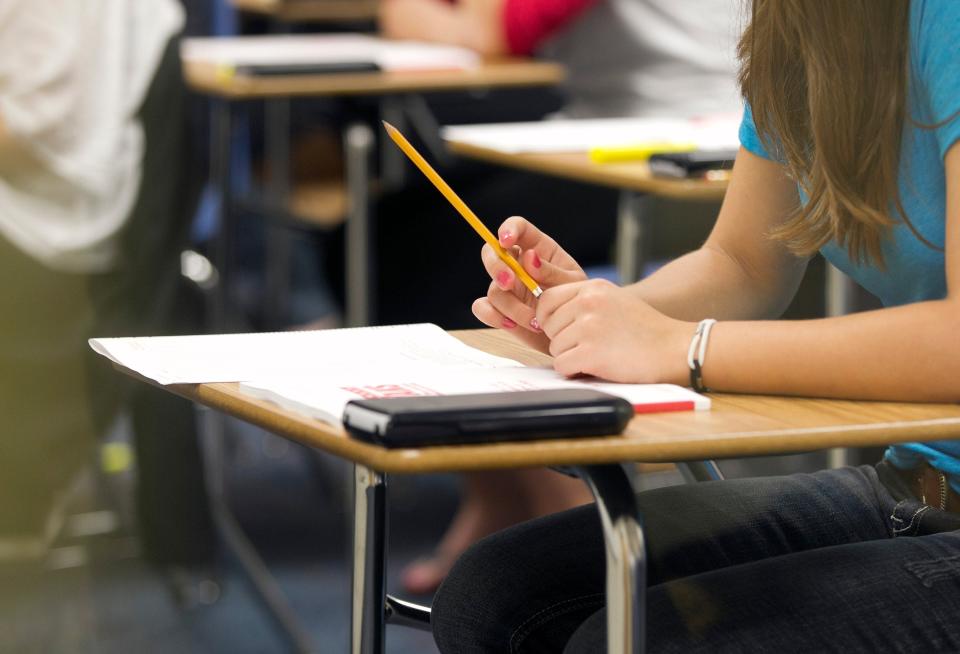Opinion: Our schools, teachers deserve accountability reform
April marks the beginning of STAAR testing season for Texas public school students, and it’s also the start of the final two months of the Texas legislative session.
We have an opportunity to reimagine a critically important system of public school accountability to ensure greater transparency, reduce the overreliance on one test to assess students, teachers and campuses, and provide a more holistic, meaningful assessment of school performance and student preparation for future success.
Last year we celebrated the gains Texas students demonstrated after two years of online or interrupted in-person learning during the COVID-19 pandemic. We saw students in grades 3-8 notch improved scores in reading and math, a credit to the grit and perseverance of students and their teachers. The progress of our students has impacted their campuses, with 33% of schools and 25% of school districts across the state improving their respective Texas Education Agency (TEA) ratings since the last time ratings were given in 2019.

While we should celebrate the academic gains made under challenging circumstances, we may want to question whether new TEA ratings tell parents everything they want and need to know about their child’s school. Under the current system, our elementary and middle school campuses receive their A-F rating from the TEA based entirely on the STAAR Test – one test, taken on one day. Texas’ accountability system neglects other important measures of how a campus contributes to a students’ academic growth, as well as any measure that would give insight into students’ mental health, campus culture or safety, family engagement, or teacher quality.
A single test cannot measure what matters about our students’ academic success and campus effectiveness. We can and must do better.
Thankfully, state lawmakers have a chance to improve the system by hearing and passing several key bills, some which reflect an evidence-based and comprehensive effort to examine and recommend improvements to the state’s accountability system for public schools.
For more than 18 months, Measure What Matters connected with more than 15,600 parents, teachers, students, business leaders, policy experts and community leaders to learn what should be added to the equation for a more thorough, thoughtful and useful system of testing and accountability.
Among the four key findings of this effort that are addressed in pending legislation: The state overemphasizes the STAAR tests in its current accountability system. High-stakes consequences of one test on one day place unnecessary, excessive pressure on students. By excluding highly valuable indicators of school quality and performance, parents receive an incomplete assessment of a school’s and student’s performance. A single, averaged letter grade of A-F oversimplifies the work of teachers, students and campus leaders.
Yes, Texans believe in accountability. We can and should assess our public schools and students, but we can and must do better in doing so. More than 80% of respondents to Raise Your Hand Texas’ survey said they do not believe the STAAR test alone can effectively determine if their child’s school is good or not, and only 1% felt like the STAAR was a very accurate measure of school quality.
As lawmakers finish their work in Austin this spring, let’s encourage them to measure what matters and do right by public schools and their students.
Moulton serves as the Measure What Matters Council Chair, as well as executive superintendent at the Texas Association of School Administrators. Valenzuela is a professor at the University of Texas.
This article originally appeared on Austin American-Statesman: Opinion: Our schools, teachers deserve accountability reform

